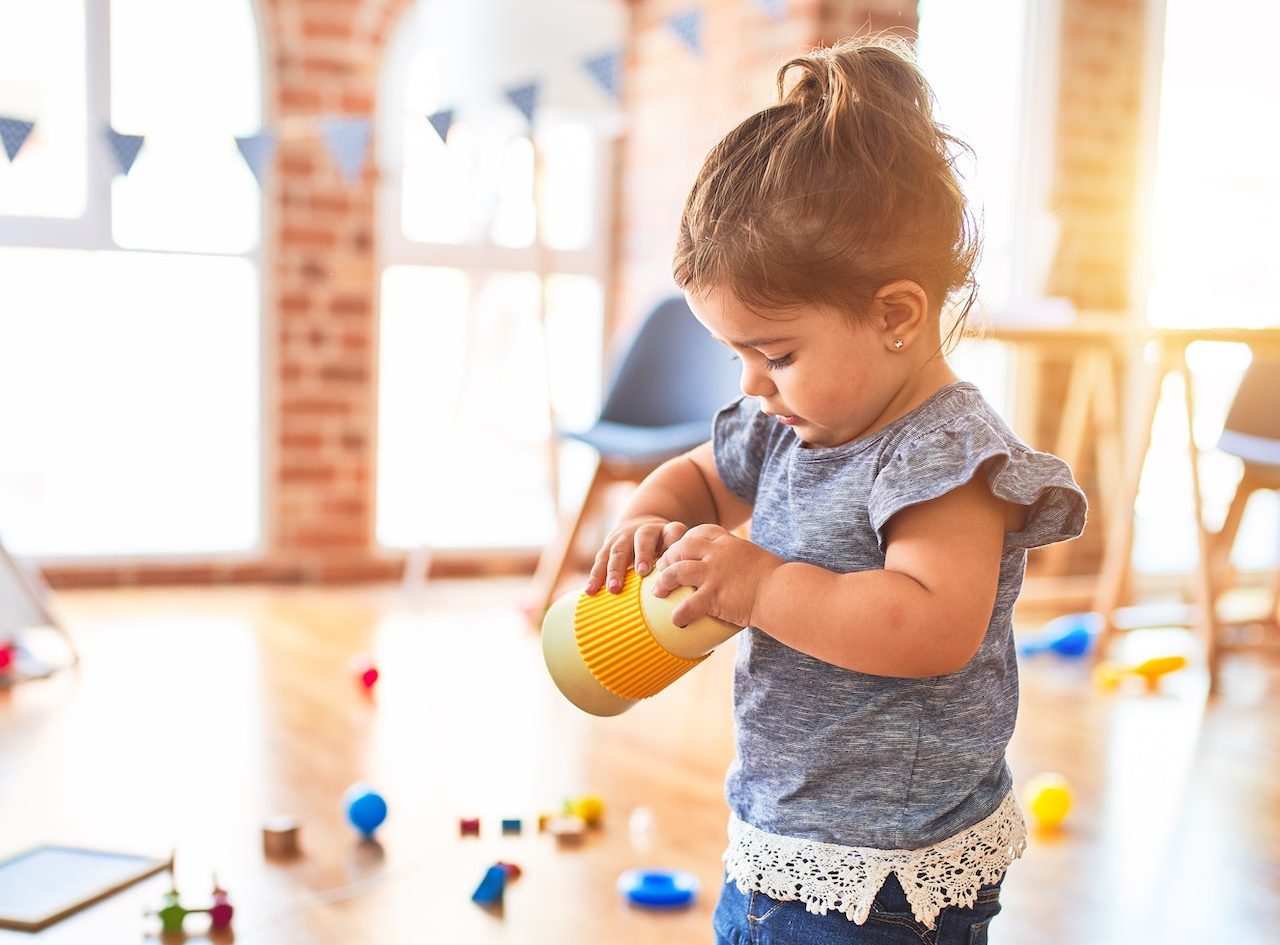Deprecated: Creation of dynamic property ILJ\Core\LinkBuilder::$multi_keyword_mode is deprecated in /home/c2041299c/public_html/wp-content/plugins/internal-links/core/linkbuilder.php on line 82
Deprecated: Creation of dynamic property ILJ\Core\LinkBuilder::$links_per_page is deprecated in /home/c2041299c/public_html/wp-content/plugins/internal-links/core/linkbuilder.php on line 83
Deprecated: Creation of dynamic property ILJ\Core\LinkBuilder::$links_per_target is deprecated in /home/c2041299c/public_html/wp-content/plugins/internal-links/core/linkbuilder.php on line 84
Reasons people use to explain why Montessori is bad: Actually, the Montessori method of education is based on the principles of Maria Montessori, that is an Italian physician and educator. It is a student-centered approach to education that emphasizes individualized learning, hands-on experiences, and a prepared environment. Despite its popularity, there are many people who believe that the method is not effective or may even be harmful. In this article, we will explore five reasons why people may think Montessori is bad and why these criticisms may not be entirely justified.
Perceived Lack of Structure
One of the most common Montessori criticisms is that it is too permissive. Critics argue that the lack of structure and discipline in Montessori classrooms can lead to chaos and misbehavior. They believe that children are not given clear guidelines for their behavior and that this lack of structure can lead to a lack of respect for authority and discipline.
However, it is important to understand that the method is not about lack of structure, but about a different approach to structure. In Montessori classrooms, the environment and the materials defines the structure, rather than the rules and punishments. Children have freedom to work at their own pace and to choose their own activities. However, the clear expectations set by the teacher and the environment determine this freedom. Finally, the structure in a classroom fosters independence, responsibility, and self-discipline.
Emphasis on Individual Achievement
Montessori criticism also claims that the method is too focused on individual achievement and does not promote enough cooperation and teamwork. Critics  argue that the method emphasizes individual work and does not provide enough opportunities for children to work together and develop social skills.
argue that the method emphasizes individual work and does not provide enough opportunities for children to work together and develop social skills.
However, this criticism is not entirely accurate. Montessori classrooms are designed to be a community of learners, and children are encouraged to work together and help one another. Teachers also provide opportunities for children to work together on projects and to collaborate on group activities. The Montessori method recognizes the importance of both individual work and social interaction and provides a balance between the two.
Cost and Exclusivity
Another Montessori criticism is that it can be too expensive and exclusive. Montessori schools are often private schools that charge tuition. Some people believe that this cost makes Montessori education inaccessible to many families. Furthermore, some critics argue that Montessori schools cater to a certain type of child or family. This exclusivity can be harmful to children who do not fit into this mold.
While it is true that they can be more expensive than traditional public schools, it is important to remember that the cost of education is an investment in a child’s future. Montessori schools provide a unique educational experience that can be beneficial for children in many ways. Furthermore, many Montessori schools offer scholarships or financial aid to families who cannot afford the full cost of tuition. Additionally, Montessori schools welcome children of all backgrounds and abilities and strive to create a diverse and inclusive community.
Lack of Standardized Testing
Another criticism is that it does not prepare children for standardized testing. Critics argue that the Montessori method does not provide enough focus on traditional academic subjects such as reading, writing, and math. This lack of focus can lead to lower scores on standardized tests.
However, this criticism is not entirely accurate. Montessori classrooms do provide a strong foundation in traditional academic subjects.. They also emphasize the development of critical thinking skills and problem-solving abilities. These skills are essential for success in life, regardless of whether or not a child takes standardized tests. Furthermore, the classrooms provide a hands-on, experiential approach to learning that encourages children to be creative, innovative, and independent thinkers. This approach can help children develop the skills and abilities that are necessary for success in the 21st century, regardless of whether or not they perform well on standardized tests.
Lack of Evidence
Finally, some people may believe that this method is bad because there is a lack of evidence to support its effectiveness. Critics argue that there is a lack of adequate research to support the effectiveness of the Montessori method. This lack of evidence makes it difficult to determine whether or not Montessori is a good choice for children.
However, it is important to note that it has been in use for over 100 years and has a long history of success. Montessori students display outstanding performance on standardized tests, exhibit exceptional creativity and problem-solving abilities. They are fully prepared for future academic and professional pursuits. Several studies conducted on the effectiveness of the approach support these facts.
While there are many people who believe that the Montessori method is bad, these Montessori criticisms are often not entirely justified. This method is a student-centered approach to education that emphasizes individualized learning, hands-on experiences, and a prepared environment. It is designed to foster independence, responsibility, and self-discipline. It also provides a strong foundation in traditional academic subjects. In addition, it also emphasizes the development of critical thinking skills and problem-solving abilities. Despite the criticisms, the method has a long history of success and is an effective choice for many families.
